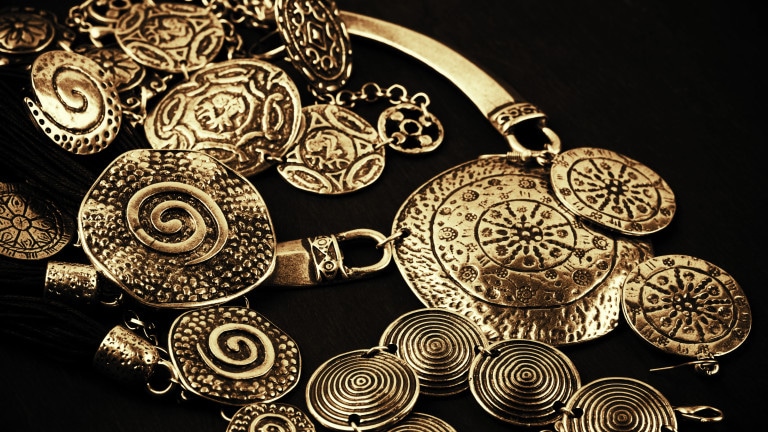A court in the Netherlands has ruled that Scythian gold is owned by Ukraine, not Russia
The Court of Appeal in Amsterdam recognized the Scythian gold as Ukrainian property, Novosti reports.
“Although the sites originate in Crimea … they are part of Ukraine‘s legacy since it became independent in 1991,” the presiding court said.
She added that the decision could be appealed to the Supreme Court of the Netherlands.
The decree says the Allard Pearson Museum in Amsterdam must transfer the artifacts for storage in Ukraine while the situation in Crimea stabilizes.
Rob Meyer, a lawyer for Russian museums, said the collection would remain in the country for at least another three months. Hearings in the higher court may take about a year, during which time the gold will also be stored in the Netherlands.
Russian President’s spokesman Dmitry Peskov did not comment on the decision, noting that he had not yet seen it.
The Prime Minister of Ukraine Denis Shmigal noted that the country will decide on the place of storage of the artifacts after receiving the court decision. In his opinion, they can be transferred to St. Sophia Cathedral in Kiev.
The Scythian gold collection from four museums was exhibited in Amsterdam in early February 2014, even before Crimea was occupied by Russia. In August of the same year, a museum in the Netherlands decided not to hand over the exhibits to anyone until the decision of a competent judge or an agreement between the parties.
On December 14, 2016, the Amsterdam District Court ruled that the artifacts must be handed over to Kiev in accordance with Dutch cultural heritage law, authorities in annexed Crimea appealed the decision and changed lawyers. An interim decision was issued in July 2019, in which the court found that the above-mentioned law was not applicable to this case.
Peskov also stressed that the topic of Scythian gold was important to the Kremlin and that it was monitoring its fate, although lawyers and the Ministry of Culture were involved.









